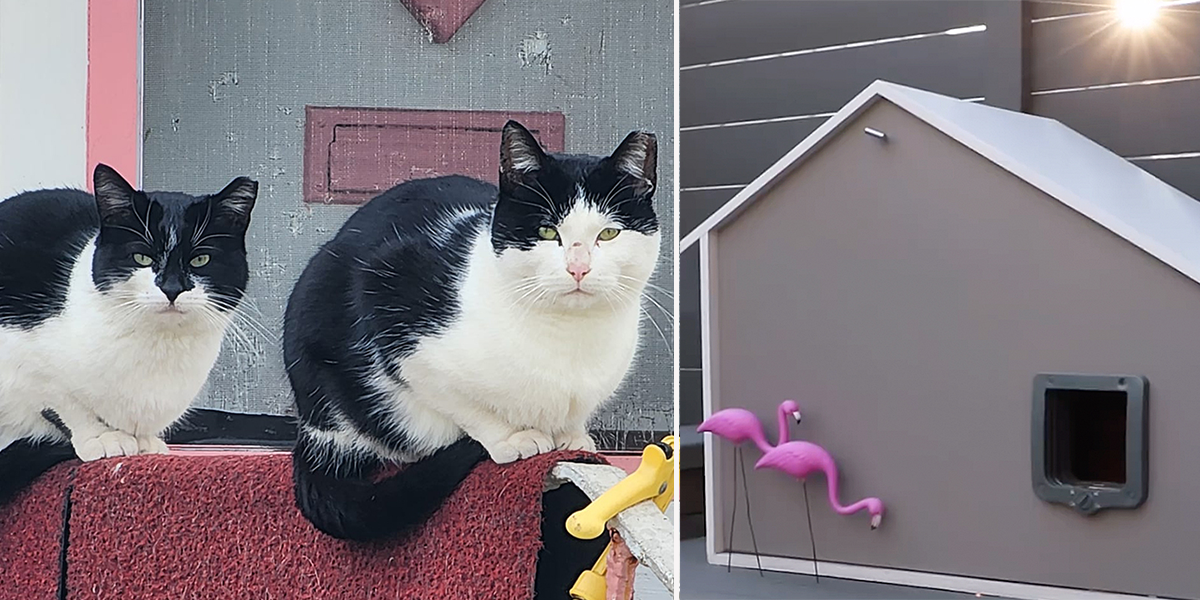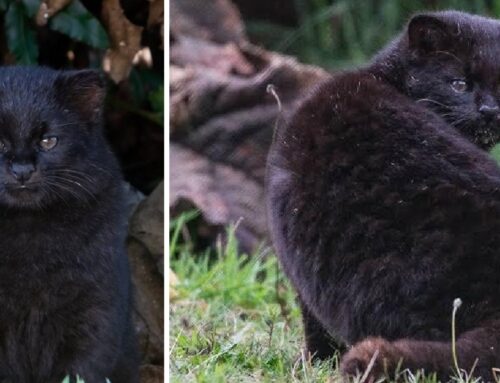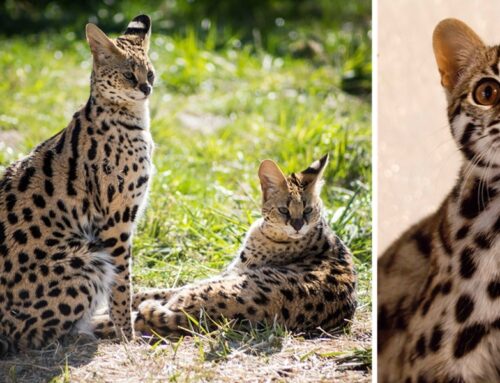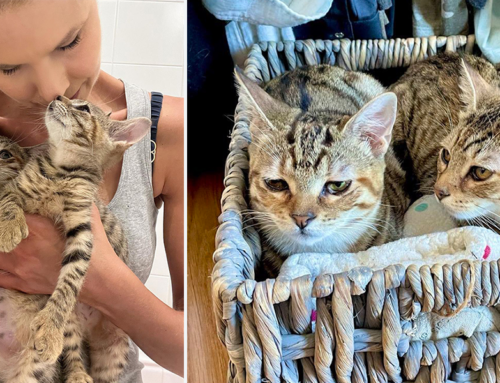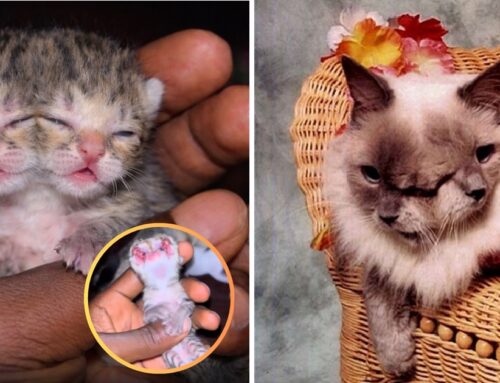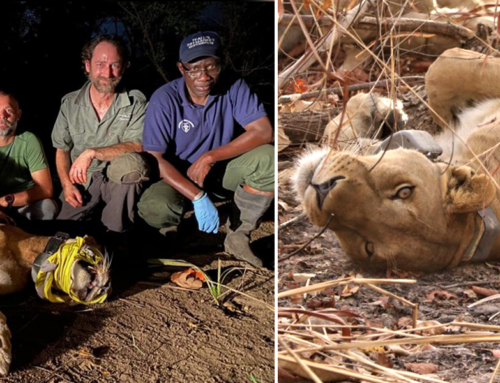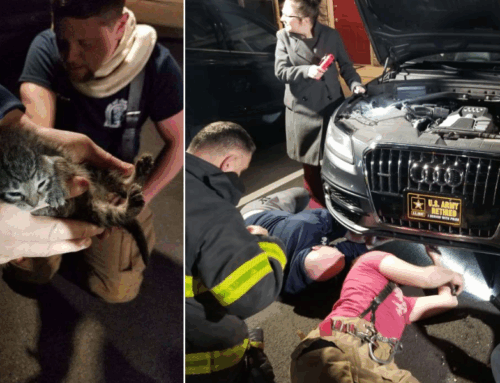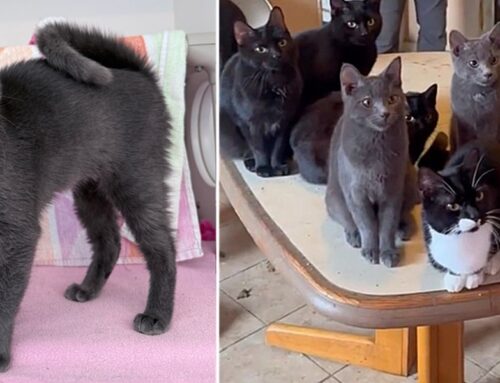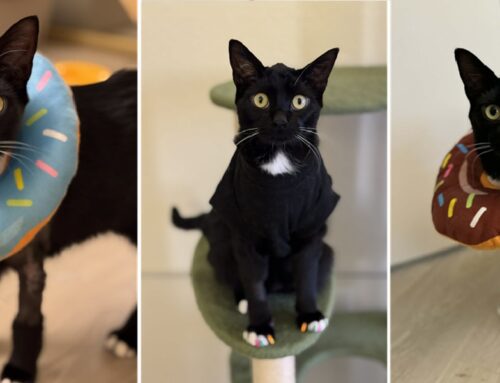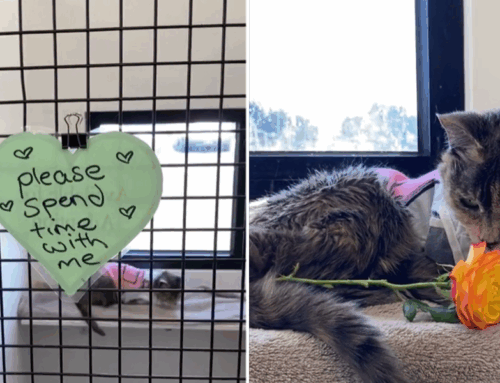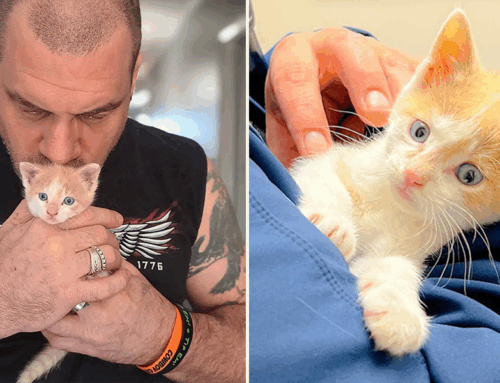If your city were voted the ‘rattiest’ in the nation, like Chicago, then chances are, you’d welcome relief. Imagine fearing to go outside your home at night because you might have a giant rat scurry across your feet! Now, imagine there was a way to drive the rats away that didn’t involve harmful poisons or expensive exterminators. You might even volunteer to be part of the solution, right?
Unfortunately, the city has been ranked the rattiest in the nation for nine years by exterminators at Orkin. But thanks to progressive feral cat policies, everyone is hoping to see that ranking and the rats go away ASAP.
Progressive Policies for Chicago Cats
Thanks in part to those pesky rats, Chicago’s feral cat policies became among the most progressive in the nation. The most populous county in Illinois, Cook, may have a lot of rats. But it’s also “considered a feral cat haven” due to an ordinance passed in 2007. It allowed city residents to sign up and volunteer as feral cat colony caretakers.
The ordinance also opened up funds and rebates for trapping, neutering, vaccinating and returning, or TNVR, cats. In the US, it’s one “just a handful of large metropolitan counties” where TNVR or TNR is currently legal. Hopefully, the example in Chicago will open up the door for cities across the country.
“Encountered this dynamic duo the other day when I stopped by to drop off winter shelters. A majestic pair of eartip models,” shared Cats in Action.
Image via Facebook/Cats in Action
Chicago Cats at Work and in Action
After cats are sterilized and released through TNR, colony caretakers agree to a form of permanent adoption. While the cats don’t want human affection, they do need daily feeding, water, outdoor shelter, and veterinary care as needed. So you see, it’s not merely releasing 1,000 cats onto the streets, as some media outlets misleadingly suggested in 2021.
“We don’t have an army of cats patrolling for rats,” said Tree House Humane Society’s community programs manager Cecilia Ocampo-Solis.
Below, a colony caretaker has created the cutest shelter for feral cats in their care. But the shelter can be much simpler, a large plastic storage container with a hole cut for a door and some insulation. A heating pad keeps things cozy even in Chicago’s frigid winters.
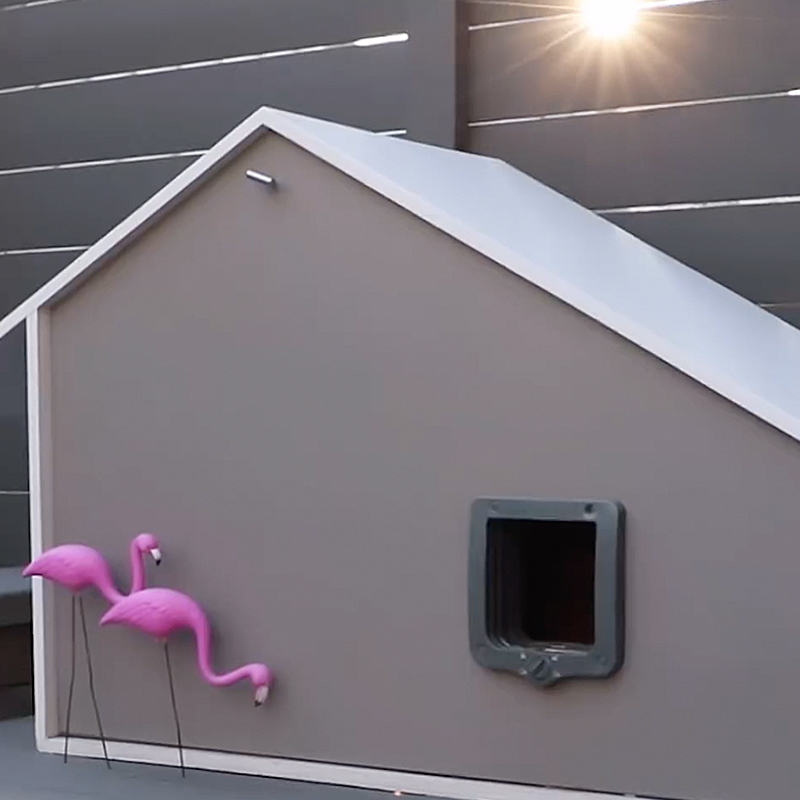
A cute shelter for feral cats in Chicago. Image via Instagram/wbezcuriouscity and webezchicago
We previously shared the story about Tree House Humane’s ameowzing “Cat at Work‘ program. Tree House and Chicagos’ Cats in Action nonprofit are both helping citizens get feral cats TNVR’d and signed up as long-term colony caretakers.
After citizens apply to care for outdoor feral cats, the rescuers consider many factors, including local community support and the traffic in the area. There’s a lot of careful planning, and those who get started say they love caring for their colony cats. It’s a long-term commitment and deeply satisfying for those who love felines.
Below, watch ‘Georgia the singing colony caretaker’ from Chicago Cats in Action:
Cat Populations Go Down – Rats Go Bye Bye
Through the carefully planned program, the population of cats is controlled, and there are fewer cats euthanized in shelters. In addition, the county spends far less to trap and euthanize feral cats (By hundreds of thousands!). Since beginning, Cook County reported a 20-percent reduction in the feral cat population!
Of course, the meowvalous side perk is these cats help drive away the rodents. Since they are fed daily, they hunt rats only when they like. Thus, they may not spend much effort hunting generally. Yet their mere presence and natural scent are enough to repel rodents from neighborhoods.
Community Support is the Key
Having the support of neighbors is key to strategically placing ‘Working Cats’ or ‘Cats in Action’ in areas where rats are a problem. However, not everyone loves the idea. For example, bird-watchers are concerned the cats pose a serious risk to native birds and would prefer all the cats were kept in catios or indoors.
Unfortunately, most long-term feral cats don’t adapt to indoor life. But by keeping them well-fed outdoors, they aren’t as likely to hunt or make trouble or noise. And the alternative is euthanasia, which most people find unacceptable and inhumane. We sure do! And unchecked rat populations do harm native birds and cause serious structural damage to buildings, homes, and everything else.
As a side-benefit of TNR efforts, any friendly stray cats and kittens find indoor house cat lives. Since cats are sterilized, there are far fewer needing rescue. And it’s always a beautiful moment when a ‘microchip reunion‘ reunites families with pets that have strayed into cat colonies.
See more in the video below:
Video via Instagram/wbezcuriouscity and webezchicago


